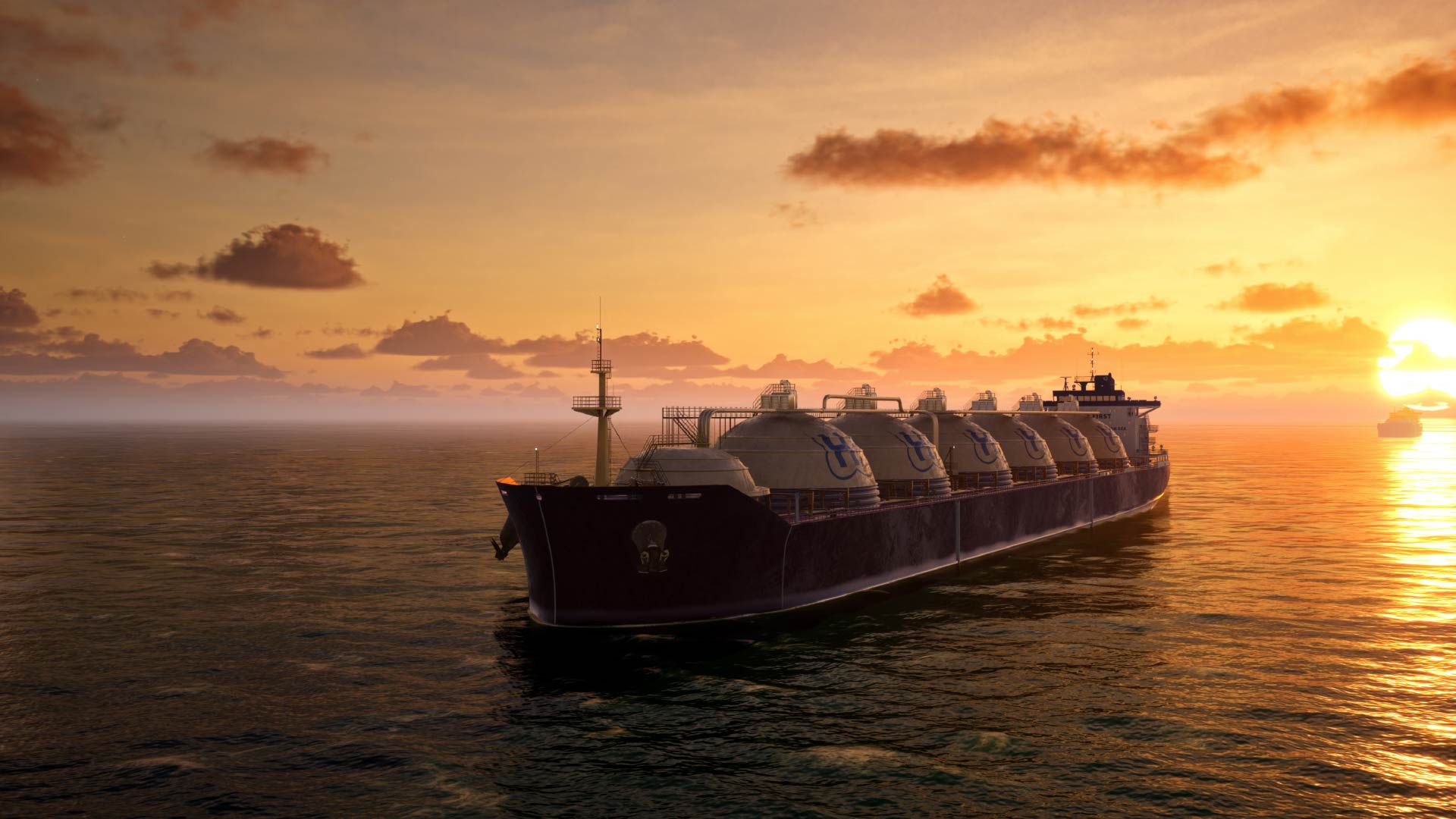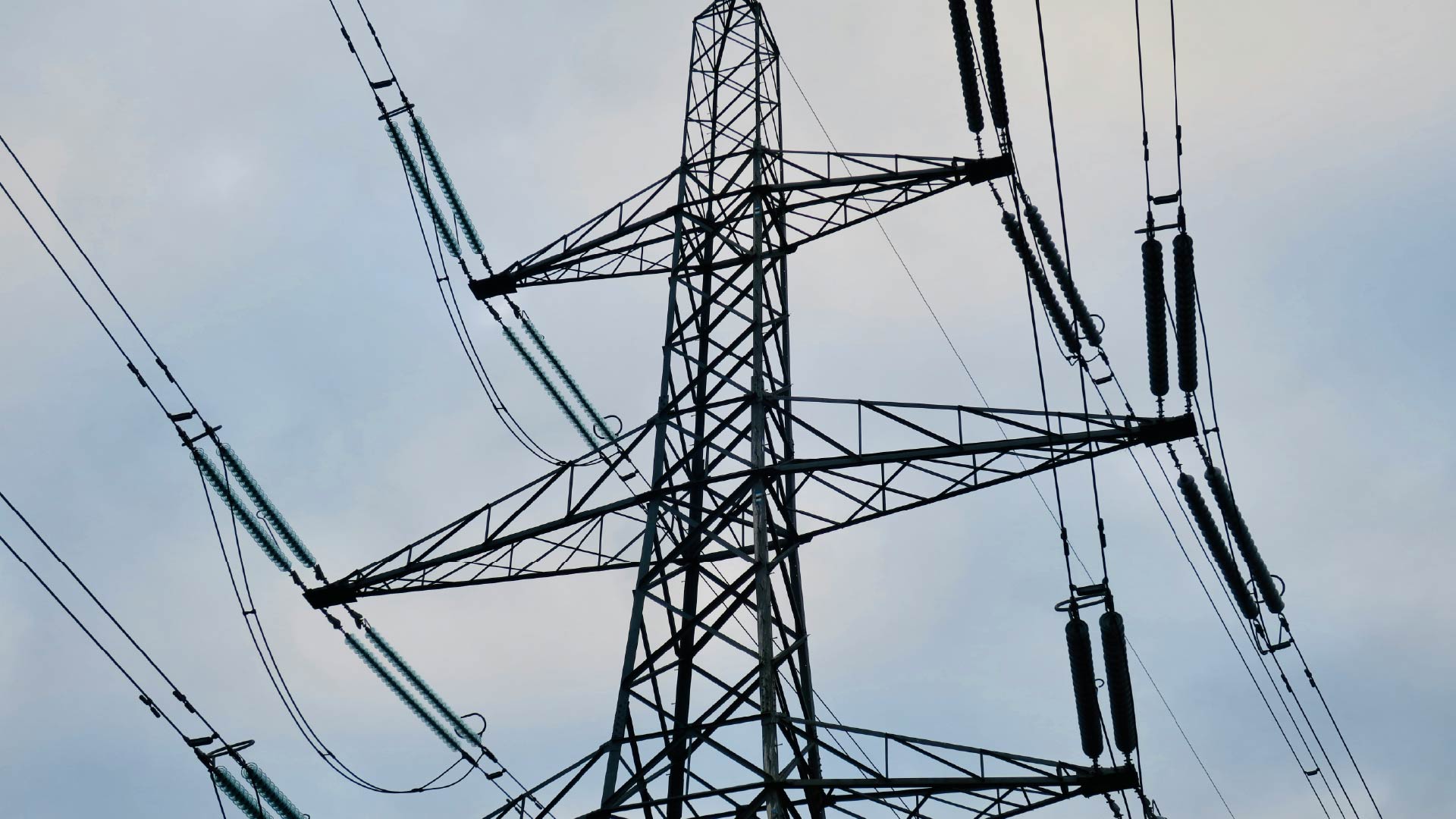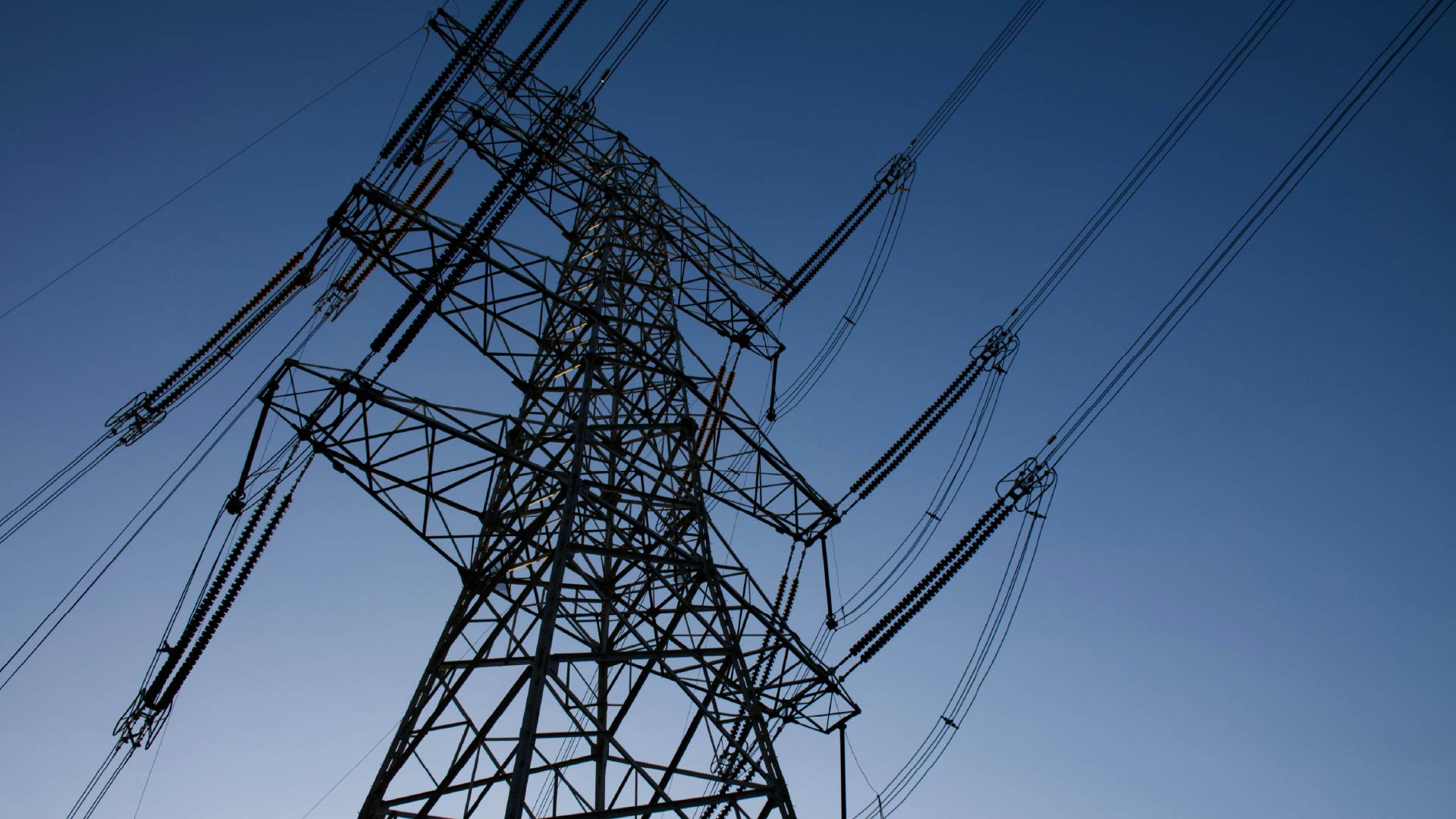The TCFD In 2022: Climate Risk Reporting Spiked, While Scenario Analysis Lagged
The Task Force on Climate-related Financial Disclosures (TCFD) released a new status report this month based on the analysis of 1,365 large firms’ TCFD-aligned disclosures across several regions and industries. This is the last annual update from the TCFD, after the announcement that the International Sustainability Standards Board (ISSB) will take over responsibility for monitoring reporting progress, with the aim to create interoperability across frameworks and standards.
The report found that the percentage of firms disclosing TCFD-aligned information has grown compared with 2020 and 2021, with 90% of organizations now disclosing under at least one TCFD recommendation. However, the percentage of firms disclosing under all 11 recommendations has stalled at last year’s level of 4%. The 2023 TCFD status report also highlights that:
- Oversight of climate-related risks and opportunities was the recommendation with the largest increase in reporting between 2020 and 2022.
To date, 62% of analysed firms disclose their climate-related risks and opportunities. Organizations are making efforts to quantify and describe their material climate-related risks and opportunities over the short, medium and long term. An example is the Spanish bank Banco Santander, which disclosed under this recommendation in its annual report. In doing so, it identified distinctions between its operational, reputational and strategic climate risks, including what they are doing to manage them now and in the future.
- The least disclosed recommendation was resilience of the climate risk strategy, including scenario analysis.
90% of firms rated this recommendation as difficult to implement. The April 2023 Verdantix net zero and climate risk global corporate survey found that insufficient internal expertise and lack of knowledge on how to map climate risk data to business impact were the most challenging aspects of using climate risk modelling to inform strategy development. Verdantix researched climate scenario analysis best practices, and found that firms which started climate scenarios analysis work did so with the support of third-party providers, engaging with consultants and leveraging software in combination with services.
- Europe had the highest level of reporting.
On average, Europe reported on 7.2/11 disclosures, with 92% of firms disclosing climate-related metrics and climate-related targets. North America, on the other hand, reported on 4.6/11 disclosures on average. This reflects the climate regulations maturity level across Europe and North America, with the EU CSRD taking effect in 2024 and the US SEC climate disclosure rules being delayed.
- Energy firms disclosed the most; technology and media the least.
The energy sector was highest on the list in terms of number of TCFD recommendations disclosed. Aside from a large number of firms being included in the survey, the energy sector is one of the most impacted by climate change and will require significant effort to transition. In February 2023, the Energy Forum – which includes firms such as Enel, EDF, bp and Engie – collaborated with the World Business Council for Sustainable Development (WBCSD) and the TCFD to produce a report to support scenario analysis for firms in the energy system.
If you would like to learn more about how firms are disclosing against TCFD recommendations, please see Verdantix Strategic Focus: First Mandatory UK TCFD Disclosures Reveal Focus On Climate Preparedness.
About The Author
.png?sfvrsn=db470322_1)
Alessandra Leggieri
Senior Analyst





